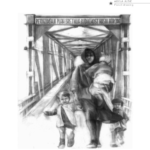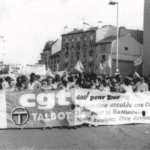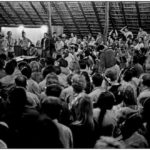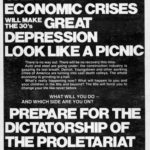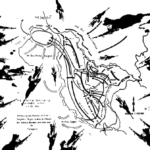
Introduction: A Word from the Editors
The volume we present to the public is one of the results of many years of work by the comrades of the Crvena Arts and Culture Association on the digitization of documents to create an Archive of the Antifascist Struggle of the Women of Bosnia and Herzegovina and Yugoslavia. The idea of the archive was born in 2010, when we… Read more →
 Viewpoint Magazine
Viewpoint Magazine